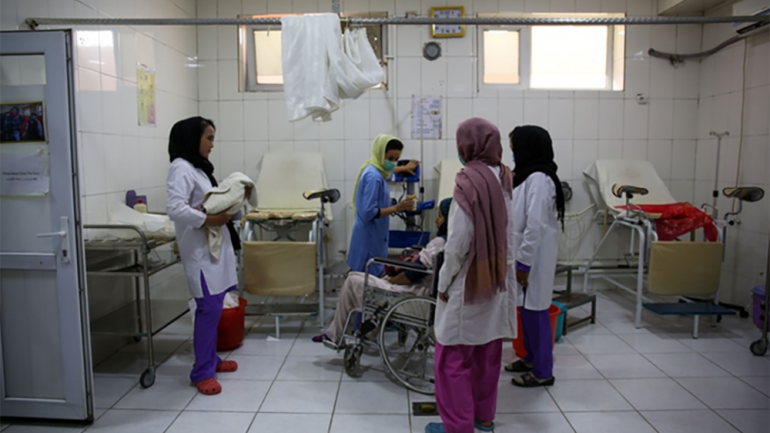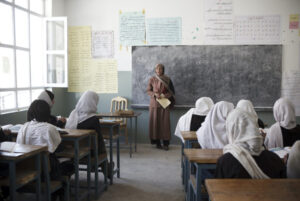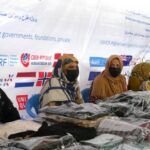The United Nations Office for the Coordination of Humanitarian Affairs (OCHA) has announced that operations at 400 health centers in Afghanistan have ceased due to lack of funding, as part of a budget crisis that threatens the lives of millions of Afghan citizens.
Tom Fletcher, deputy of this UN body, made these remarks during a five-day visit to Afghanistan, warning of the deteriorating humanitarian situation in the country. From April 27 to May 2, Fletcher visited Kabul, Kandahar, and Kunduz, where he met with officials from the current government, aid workers, and vulnerable communities.
In his meetings, he emphasized that the participation of female aid workers is crucial for effective and culturally appropriate assistance, and without their presence, access to vulnerable populations—especially women and children—is severely compromised.
He further stressed: “Development without education and the full participation of girls is impossible.”
According to the data provided, between January and April 2025, more than 180,000 migrants returned to Afghanistan following the second phase of deportations from Pakistan. Many of them, including holders of Afghan citizenship cards, are returning to a country that now feels unfamiliar after years of living in Pakistan.
At border points such as Torkham and Spin Boldak, humanitarian organizations have established reception centers that provide basic services including food, water, medical care, and psychological support. However, these centers are under severe pressure due to the high number of returnees.
OCHA reported that during his visit to these areas, Mr. Fletcher said: “For many returnees, Afghanistan is no longer a familiar home. They have no possessions, no social support. They are returning to a country they no longer know.”
It is noteworthy that Afghanistan is among the most vulnerable countries to climate change. Since 1951, the country’s average temperature has risen by over 2.4°C, and forecasts indicate that annual droughts may become the norm by 2030.
In this regard, Mr. Fletcher warned: “Groundwater levels have dropped by up to 30 meters in some areas, and in certain provinces, rainfall is up to 55% below normal. The future will be hotter and drier.”
He concluded by calling on the international community: “We need more support—not just funding, but political commitment, human solidarity, and respect for humanitarian principles. The United Nations will stay, but without donor support, we cannot respond.”













